As we bid farewell to 2009, it’s a good time to look back at our explorations of the year. Here are some of our most popular and peculiar posts, in case you missed them the first time around.
1. The Comeback of the ‘ugly’ fruits
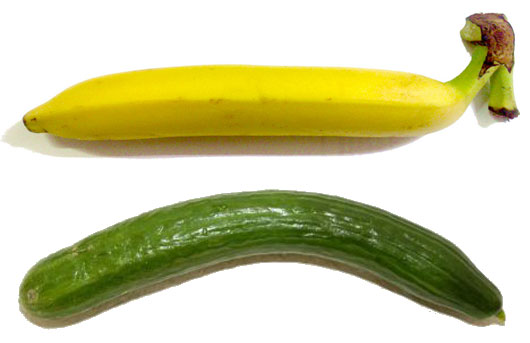
As of July 2009, the European Commission abolished more than two dozen laws that have stipulated the look of Europe’s fruit and vegetables for the past 20 years. The rules stipulated that only the most perfect-looking produce adorns supermarket shelves and caused international ridicule by stating that all bananas must be “free of abnormal curvature” and at least 14 cm in length. Perhaps in the long run, historians will consider this as the official end of modernity.
2. Children’s dictionary dumps ‘nature’ words

To make way for modern tech terms such as BlackBerry, blog, voicemail and broadband, the latest edition of the Oxford Junior Dictionary has opted to drop terms pertaining to old nature. No longer can a child check this dictionary and learn more about the blackberry, dandelion, acorn, heron, otter or willow. While words like voicemail, MP3 player, attachment, database, and chatroom are added. Nature changes along with us.
3. Boomeranged Metaphors

At the start of the digital era, metaphors from everyday life were used in order to make otherwise incomprehensible technology acceptable – think of the digital highway, windows, folders, buttons and trashcan. Nowadays, the digital environment is accepted almost everywhere and we see how proven concepts from the digital realm are gradually seeping into our physical environment. We call this phenomenon a ‘boomeranged metaphor’.
4. Virtual Money - cows, coins, credit, airtime

Heard the buzz on virtual money in online games? Some years ago the first virtual millionaire was announced, yet there have also been reports on people being practically enslaved to farm virtual gold. The Chinese government recently announced to limit the use of ‘virtual’ currencies. An essay on the virtuality of money.
5. Michael Jacksons appearance in heaven
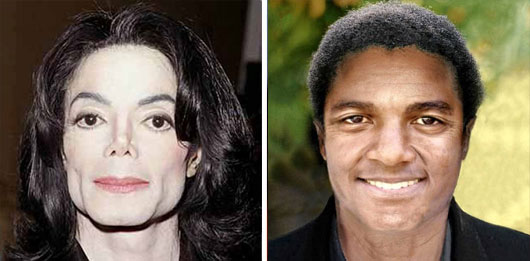
Our beloved King of Pop, Michael Jackson, who died tragically this year, throughout his career, he underwent countless groundbreaking cosmetic operations. Using childhood photo’s of Michael and knowledge on basic aging trends, forensic artists constructed a portrait of how Michael would have looked at age 50, had he never undergone plastic surgery. The difference between the portraits is striking. But which is the real Michael? The man of flesh and blood, sculpted by plastic surgeons or the highly speculative forensic image? Both Michaels are virtual in their own right.
6. Why are carrots orange? It is political

For ages carrots used be white, yellow, red and purple – and in some regions of the world they still are. Yet, orange has become the dominant color in most countries. Why is that? Its political: in the 17th century, Dutch growers cultivated orange carrots as a tribute to William of Orange – who lead the the struggle for Dutch independence – and the color stuck. Hypervegetables avant la lettre.
7. Plastic Birds
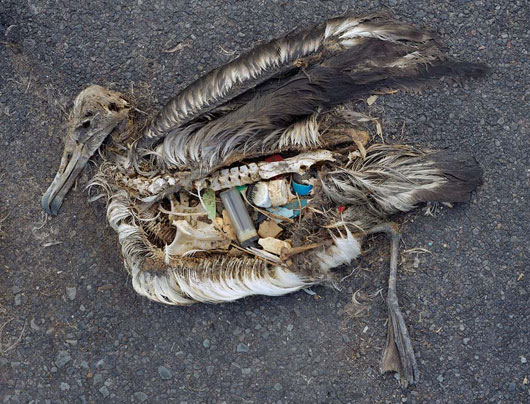 Bird spotting is not a typical activity for us next nature explorers, yet these ‘plastic’ birds spotted by photographer Chris Jordan are the most macabre thus far. One wonders what Darwin would have thought of these Albatross babies fed bellies-full of plastic by their parents. Are we ready for a plastic planet?
Bird spotting is not a typical activity for us next nature explorers, yet these ‘plastic’ birds spotted by photographer Chris Jordan are the most macabre thus far. One wonders what Darwin would have thought of these Albatross babies fed bellies-full of plastic by their parents. Are we ready for a plastic planet?
8. Designing Bugs that Eat Plastic
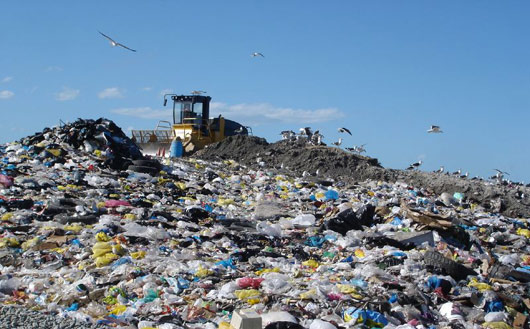
With the great pacific garbage patch now twice the size of Texas and over 500 billion plastic bags produced a year – which take about a 1000 years to decompose – plastic is well on its way of becoming a basic material in the Earths ecosystem. Perhaps in the long run microbes would evolve to digest plastics. But why wait for evolution? 16-year old high school student Daniel Burd already developed a microorganism that can rapidly biodegrade plastic.
9. Cavemen impacted environment already
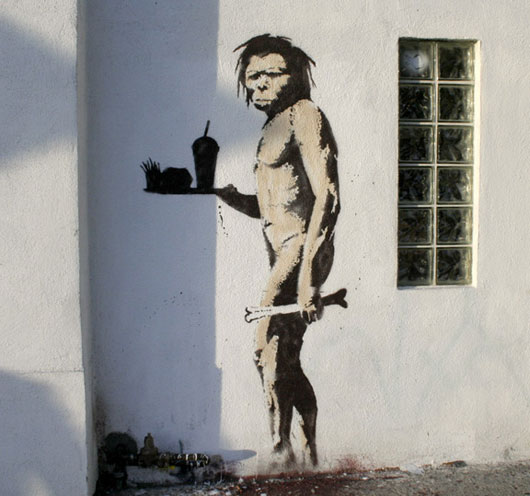
The human environmental impact on our planet is hardly underestimated nowadays. Untouched old nature is almost nowhere to be found anymore besides perhaps some small areas on the South pole, in the deep sea or if one looks up at the stars – although the brighter ones may well be satellites. “We were here”, is written all over. So when did the writing begin? Much earlier than thought.
10. Doggerland – a lost world
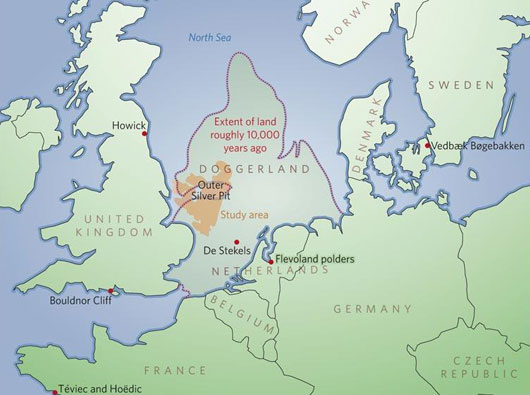 So you think climate change is new? So you think the flooding of landmass by the oceans is a new? So you must have not heard of the times when people walked from London to Amsterdam.
So you think climate change is new? So you think the flooding of landmass by the oceans is a new? So you must have not heard of the times when people walked from London to Amsterdam.
11. Modern Fossils
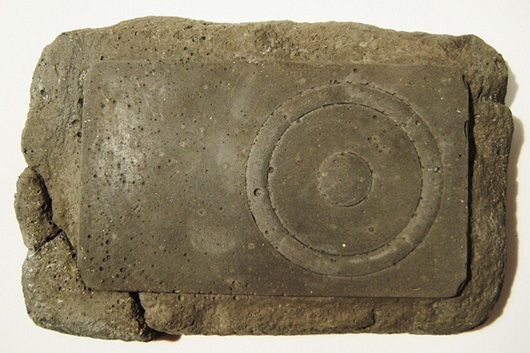
So what happened to that old floppy drive, ipod or tape recorder? Time to dig up some of those modern fossils.
-----
Via NextNature